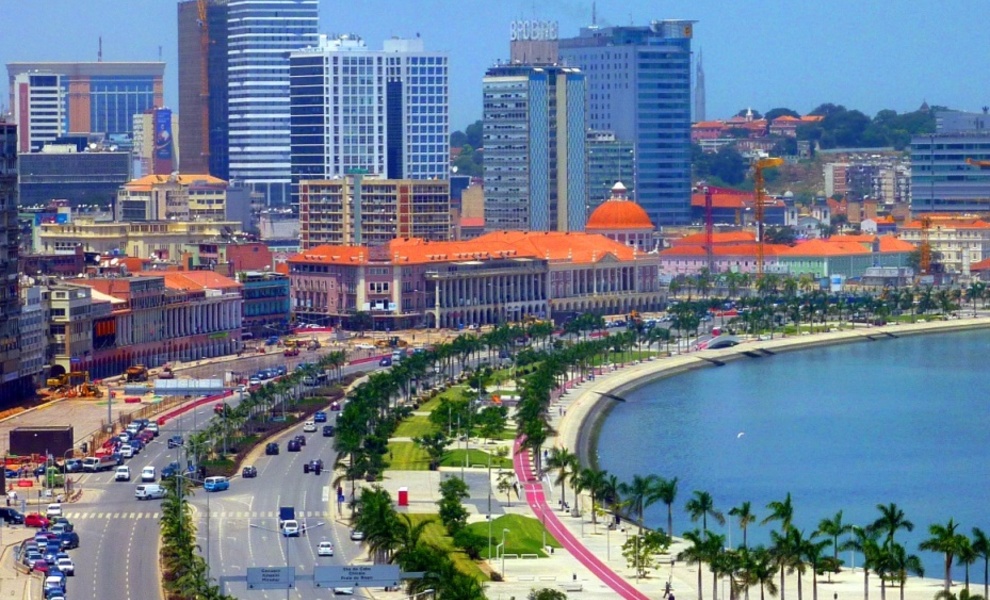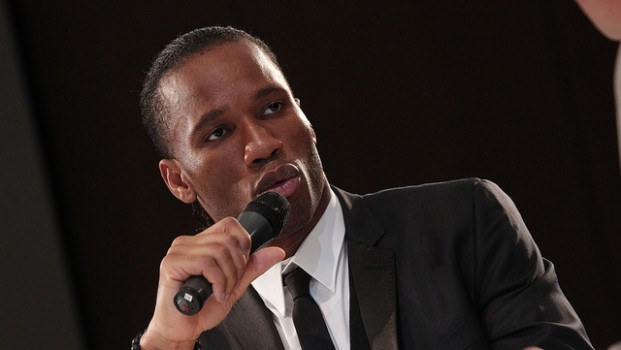 Ethiopia’s government signed a deal to buy electricity from a geothermal-power plant being developed by companies including Reykjavik Geothermal Ltd. of Iceland, a partner in the project said.
Ethiopia’s government signed a deal to buy electricity from a geothermal-power plant being developed by companies including Reykjavik Geothermal Ltd. of Iceland, a partner in the project said.
The state agreed to purchase power at 7.53 U.S. cents per kilowatt hour in an accord signed on Monday during President Barack Obama’s visit to the Horn of Africa nation, said Edward Njoroge, chairman of the Corbetti Geothermal Power project. The signing, which follows talks backed by Obama’s Power Africa initiative, paves the way for development of the facility, he said in an interview in the capital, Addis Ababa.
“It was a major milestone,” said Njoroge, who represents Berkeley Energy, a Nairobi-based investor in renewable energy projects that’s one of at least four partners in Corbetti. “The drilling rigs now will be mobilized and we should have them within the next three months in the country and start drilling for the steam.”
Ethiopia is expanding electricity to supply an economy that grew at a faster pace than any other African country over the past decade. The government is using domestic resources and loans from partners including development banks and Chinese lenders to boost generating capacity from 2,300 megawatts. The Corbetti project in Ethiopia’s central Oromia region is the first by private companies in Ethiopia, where industries like power and banking are dominated by the state.
‘Tight’ Agreement
Developing the first 20 megawatts of power output at Corbetti will cost $100 million, all of which will come from Reykjavik, Icelandic Drilling Co. and the African Renewable Energy Fund managed by Berkeley, Njoroge said. A total of $2 billion is required for generation of the full 500 megawatts, which is expected to be completed by about 2023, he said.
The tariff agreed with the government is “actually tight for us, but we think we can do it,” Njoroge said. The cost of electricity from geothermal projects in Kenya, Africa’s biggest producer of power from steam, is about 8.5 U.S. cents to 9 U.S. cents per kilowatt hour, he said.
U.S. advisers supported negotiations on the tariff via the Power Africa program, which seeks to boost access to electricity on the continent.
“This will help the government meet its ambitious goal of significantly increasing access to electricity across Ethiopia and help open the market to developing Ethiopia’s other vast renewable-energy sources,” Obama told reporters in Addis Ababa on Monday. Ethiopia has the potential to generate 45,000 megawatts of hydropower, which the World Bank ranks as Africa’s second-largest after the Democratic Republic of Congo.
Ethiopia’s 25-year energy strategy is to invest $100 billion to generate a total of 37,000 megawatts by 2037, according to the Foreign Ministry.


